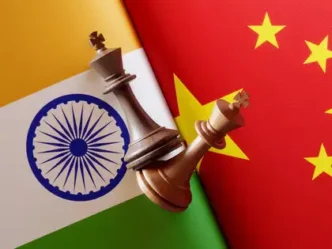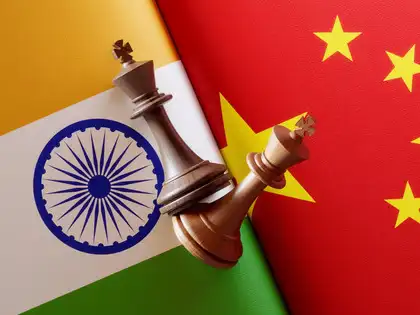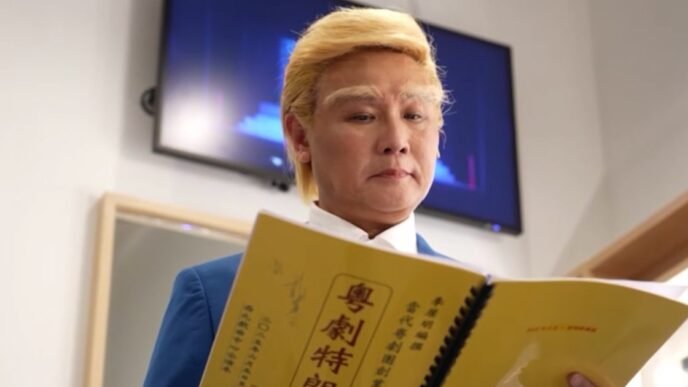New Delhi: China has imposed a ban on the export of rare earth metals to India, a significant move that is sending shockwaves through the Indian economy and threatening its crucial auto industry. This action highlights India’s substantial reliance on China for key components, leaving its manufacturing sector vulnerable.
The immediate impact is being felt acutely in India’s electric vehicle (EV) sector, as the production of EV motors, dependent on rare earth magnets, is now affected. This disruption extends beyond EVs, also impacting the manufacturing of traditional vehicles. China’s near-monopoly on these metals leaves India with no easy alternatives for supply.
The Indian auto industry is voicing strong concerns, urging the government for immediate intervention. Fears are growing over potential factory shutdowns and adverse effects on employment across the sector. This unexpected restriction also deals a significant blow to the Modi government’s “Make in India” initiative, raising questions about the country’s industrial self-reliance.
Experts are now questioning whether industrial self-sufficiency was merely a slogan and if the Modi administration overlooked the dangers of foreign dependence. The reliance on these rare earth metals for both electric and conventional auto production is absolute, with China being the world’s largest supplier. The disruption to India’s auto industry supply chain is already evident, leading to slowed production and negative impacts on jobs. If no alternative sources are found, India’s auto industry could face even greater economic losses. The question now looms: can the Modi government reduce its reliance on China, or will India’s industrial dreams remain dependent on Beijing’s whims?













